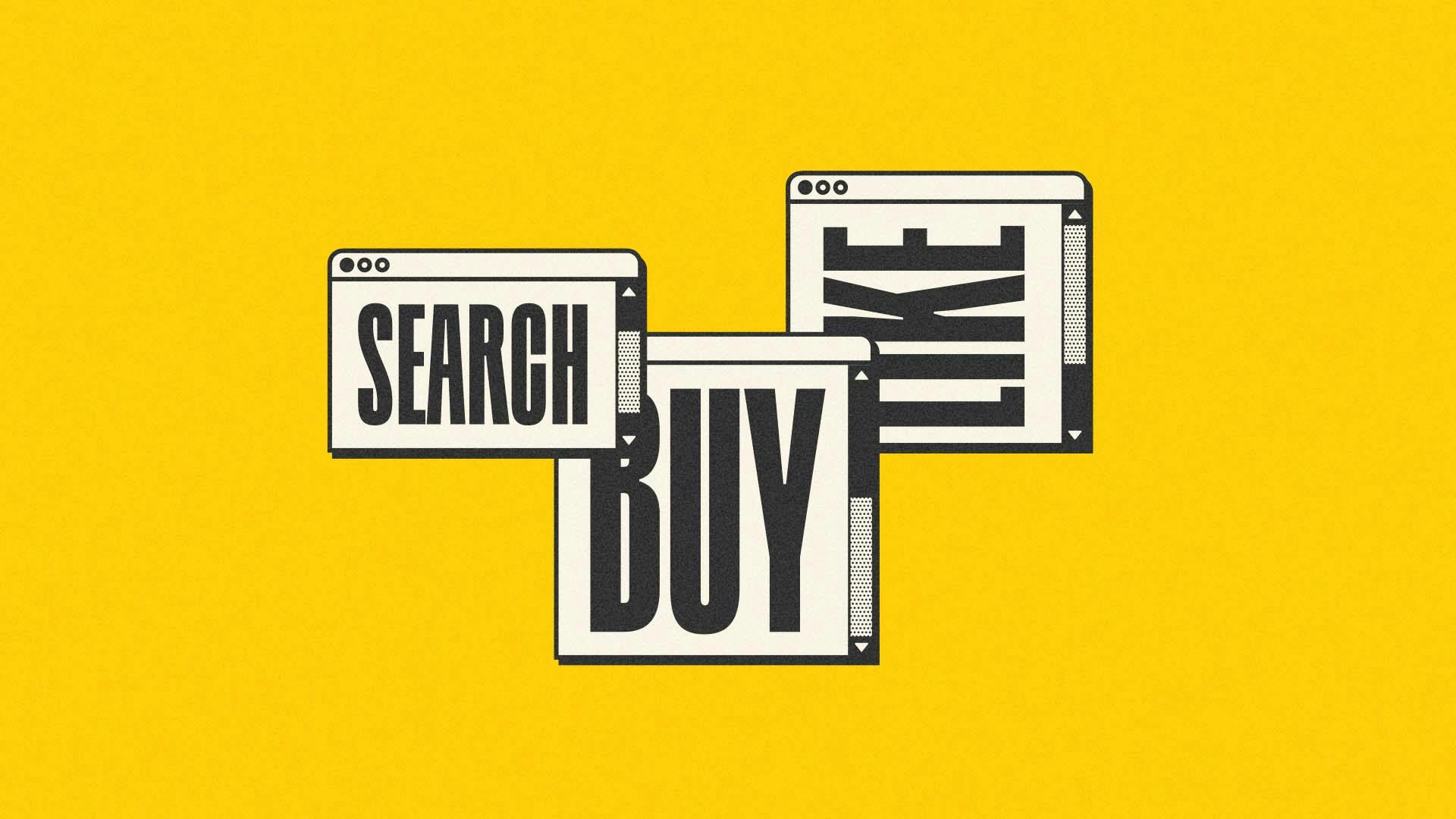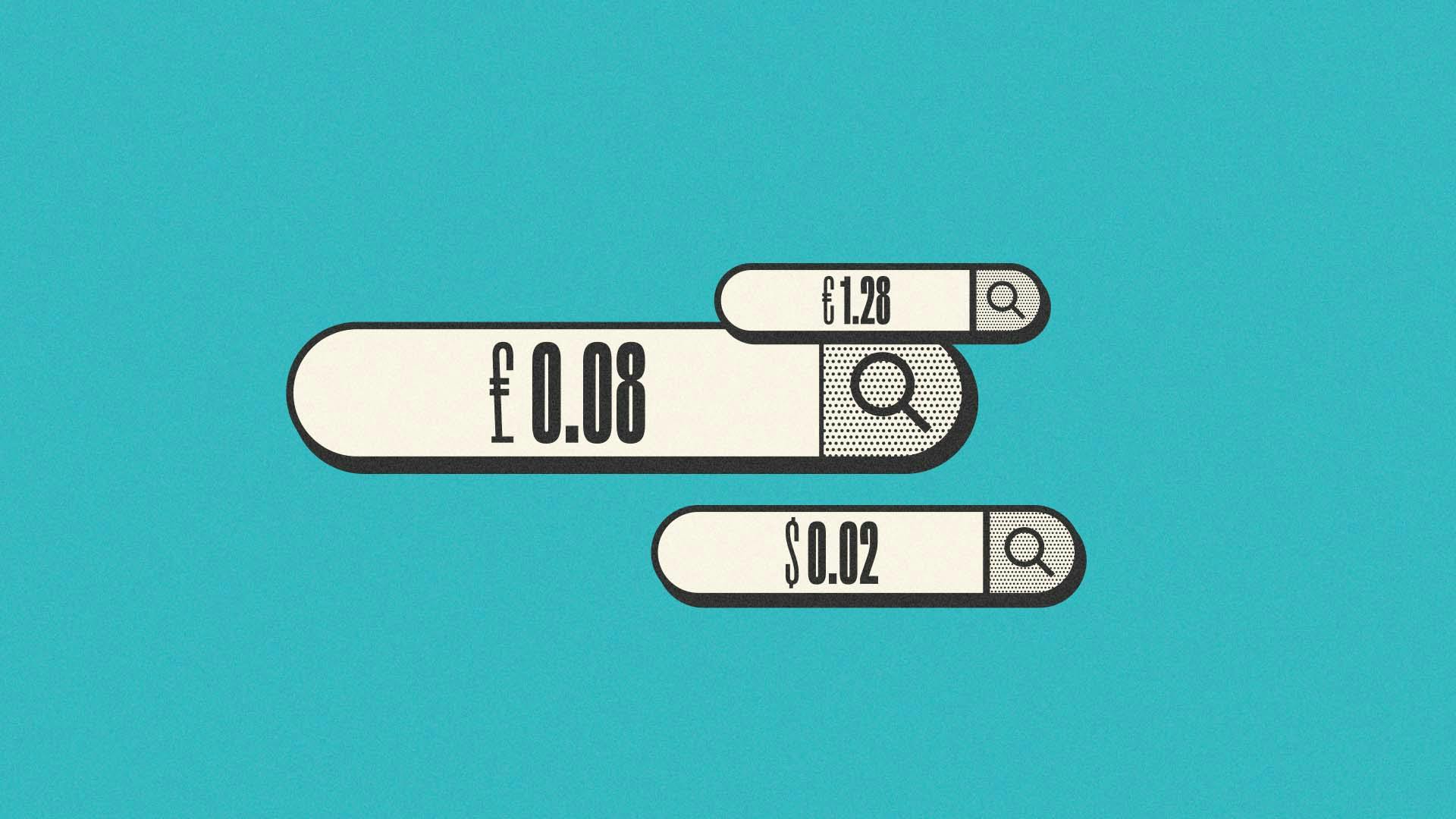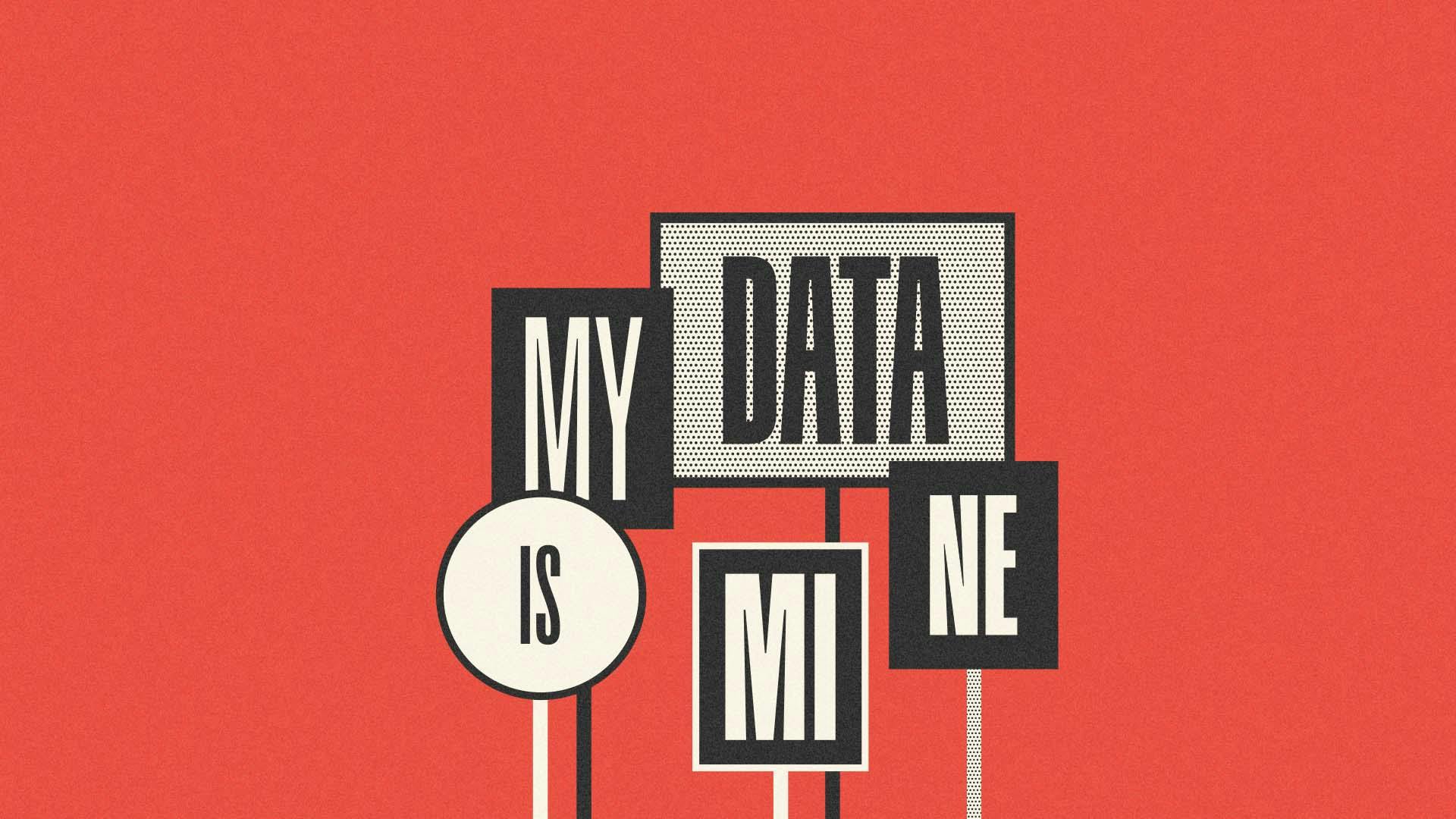Blog
What is a data union?
By Molly Earles
07.04.2022

For at least a decade, it’s been clear that ordinary people don’t have much control, if any, over their data. This might not matter if that data didn’t have any value. But over that same period it’s also become increasingly obvious that it does. And big tech (Google, Facebook, Amazon etc) are monetising the data we create each day on their platforms and turning that into hundreds of billions of dollars each year.
If that all seems unfair then is there anything we can do about it? Is there something that I, as an individual, can do to take back control of my data? Yes there is: join a data union.

So what’s a data union?
Well, a person’s data on its own doesn’t hold much value. However, when pooled together with other people’s data its value increases massively. It’s the same concept as a labour union or a farmers’ co-operative. Individually, people don’t have much power. But when they come together, they become unstoppable. So if you want to take back control of your data, the best way to do that will be to join a data union.
But what does that mean on a practical level? Every data union is different, from the type of data they collect to the application interface. So let me give you a few examples.
Ozone is a browser plugin that collects data and operates passively as you browse the web.Their philosophy is you should be able to ‘earn as you surf’. You can download their plugin, and begin today. There are also financial data unions like Cake and Unbanx, who provide a really easy way to connect the data you create each day as part of your normal banking activity. They then anonymise your information and then pool this transactional data together to make the data really valuable to buyers.
ZmBIZI is another great example. They are building out a data union app for your mobile phone that will allow you to share and monetise some of your sensor information like location, and also data like how long you use each app for.
There are now scores of other examples of data unions popping up all over the place sharing everything from mobility to health data. The infrastructure that Pool provides makes it really easy for a data union to get set up and start sharing out the revenue to all of its members wherever buyers purchase the data.

What can I earn?
You might ask, how much can I earn from joining a data union? The answer is still unknown, mainly because it’s dependent on how many data buyers buy the data set. But academics and experts think it could be anything between $60 and $200 a year. Some even estimate as high as $20,000 a year per household.
It’s also dependent on how many data unions you join, because if you join one, why not join them all? Pocket, which Pool will release next year, will be a data union discovery mobile app, where you can locate and join other data unions, giving you the best chance to earn income every day, without doing a thing.